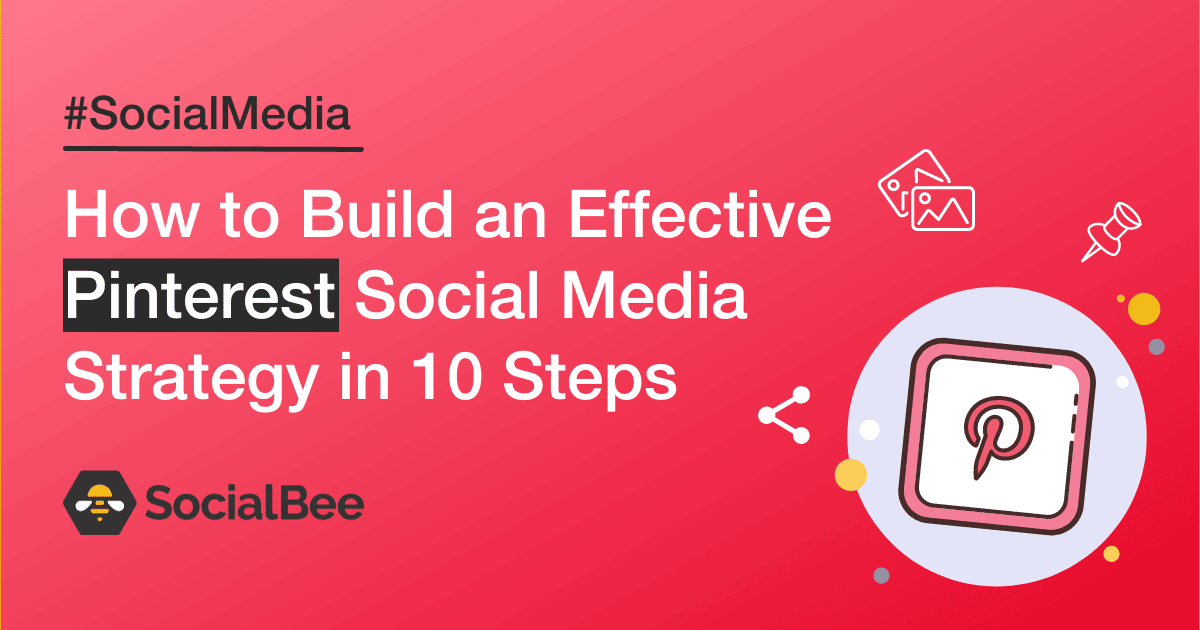
The Most Important Element for On-Page SEO: Content is Key
When it comes to optimizing your website for search engines, there are many factors to consider. However, one element stands out as the most important for on-page SEO: content. Content is not only king when it comes to engaging your audience, but it also plays a crucial role in improving your Google search engine rankings. In this article, we will explore why content is the most vital element for on-page SEO and how you can create high-quality, Google policy-compliant content to boost your website’s visibility.
Why is Content So Crucial for On-Page SEO?
Google’s primary goal is to provide its users with the most relevant and valuable information for their search queries. As a result, the search engine’s algorithm places a strong emphasis on content when determining search rankings. By creating quality content that aligns with the needs and interests of your target audience, you can establish your website as a reliable and authoritative source of information, ultimately boosting your search engine rankings.
High-quality content not only attracts more visitors to your website but also encourages them to stay longer and engage with your site. When users spend more time on your site, browse multiple pages, and interact with your content, search engines perceive this as a positive signal of relevance and user satisfaction, enhancing your website’s visibility.
Creating High-Quality Content
Now that we understand the importance of content for on-page SEO, let’s dive into how you can create high-quality content that is optimized for search engines:
1. Research Relevant Keywords
Keyword research is the foundation of any successful content strategy. By identifying the keywords and phrases that your target audience is searching for, you can tailor your content to match those queries, increasing your chances of ranking higher in search results. Utilize keyword research tools to uncover relevant keywords with high search volumes and low competition.
2. Optimize Keywords Strategically
Once you have identified your target keywords, it’s crucial to optimize your content strategically. Place your keywords in strategic locations such as the page title, headings, subheadings, meta descriptions, and throughout the body of your content. However, be cautious not to overdo it. Keyword stuffing can lead to penalties from Google, so ensure your keyword usage feels natural and aligns with the overall context of your content.
3. Write Engaging and Informative Headings
Headings play a vital role in capturing the attention of both readers and search engines. Use descriptive and captivating headings that accurately represent the content of each section. Incorporate your target keywords where appropriate to help search engines understand the relevance of your content.
4. Focus on Readability and Usability
When crafting your content, keep in mind the importance of readability and usability. Break up your text into smaller paragraphs to enhance readability and utilize bullet points or numbered lists to organize information. Additionally, use subheadings to structure your content and make it easy for users to navigate through your website.
5. Ensure High-Quality and Original Content
Google values high-quality and original content. Avoid duplicating content from other websites, as this can result in penalties. Instead, focus on providing unique and valuable insights that showcase your expertise in your industry. Aim to answer common questions or solve problems that your target audience may have, demonstrating your website’s authority and trustworthiness.
Conclusion
When it comes to on-page SEO, content is undoubtedly the most important element. By creating high-quality, Google policy-compliant content that engages your audience, answers their questions, and provides value, you can significantly improve your website’s search engine rankings. Remember to conduct thorough keyword research, optimize your keywords strategically, write engaging and informative headings, focus on readability and usability, and consistently produce high-quality and original content. By following these guidelines, you will be on your way to dominating Google’s search results and driving organic traffic to your website.
FAQ
Q: How long should my content be for optimal SEO?
A: There is no one-size-fits-all answer to this question, as optimal content length depends on various factors such as your industry, topic, and audience. However, studies suggest that longer content tends to perform better in search engine rankings. Aim for a word count that allows you to provide comprehensive and valuable information to your readers.
Q: Can I copy content from other websites if it’s relevant to my audience?
A: No, copying content from other websites is not recommended. Google’s algorithm prioritizes original and unique content. Instead of copying, try to provide your own insights and perspectives on the relevant topics, showcasing your expertise and establishing your website as an authoritative source.
Q: Should I prioritize SEO over readability when creating content?
A: While optimizing your content for search engines is crucial, it should never come at the expense of readability and user experience. Strive to strike a balance between SEO and readability. Focus on creating content that is valuable, engaging, and easy to understand for both search engines and your audience.
Q: How often should I update my website’s content?
A: Regularly updating your website’s content can have positive impacts on your search engine rankings. Consider updating your content whenever there are significant changes in your industry, new information becomes available, or when your content no longer accurately reflects the latest trends. Additionally, consistently publishing fresh content like blog posts can help boost your website’s visibility.

Source Image: semrush.com

Source Image: classy.org
Pinterest SEO: 11 tips to optimize your pins and boost your traffic Oct 5, 2022Add your website link to your Pinterest profile to help drive new traffic. This will help improve your domain quality too. 5. Bio. Your bio tells other Pinterest users more about you, but it’s also a great place to optimize your profile for keywords that relate to your business.